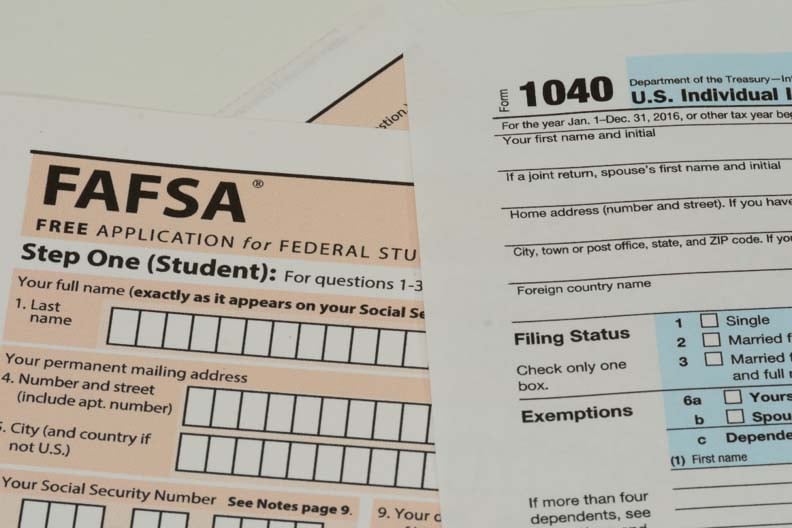Is the NC 529 Plan Tax-Deductible?

Thinking about your child’s future and taking steps to help them reach their education and career dreams are important decisions. There are many options when deciding how to save for a child’s education. Parents can choose anything from a good old-fashioned savings account to savings bonds or mutual funds. However, many financial experts recommend parents consider 529 plans.
When you begin researching, there are many things to consider, including how much time the money will have to grow before you need it, what the money can be used for, and tax benefits. Whether an NC 529 Plan is tax-deductible is a common question parents ask. While contributions are not tax-deductible, there are still important NC 529 tax benefits you can take advantage of when saving for your child’s education.
Tax Advantages of NC 529 Plans
A key benefit to consider is that NC 529 earnings grow tax-free. That means you will not have to pay taxes on the earnings while you’re saving, and the account is growing. And when it’s time to withdraw the money, you will not pay any state or federal taxes, if the money is used for qualified education expenses including:
- K–12 tuition
- College tuition and fees
- Trade and vocational school programs
- Books, fees, and supplies
- Computers and technology
- Special needs equipment
- Apprenticeship programs
- Student loan payments
529 Plans Have Minimal Impact on Financial Aid Eligibility
The Free Application for Federal Student Aid (FAFSA) is an important part of paying for college. It helps students qualify for grants, work-study programs, and student loans. The FAFSA takes into consideration assets owned by students and parents, which does include NC 529 and other college savings accounts.
However, if you choose to save with a 529 plan, the account will have a minimal impact on a student’s financial aid status. In considering need-based aid, no more than 5.64 percent of a 529 fund’s value is considered in the FAFSA, as the account is most likely in the parent’s name. That’s compared to the 20 percent value considered if the money is in a savings account in the child’s name.
529 Funds are Family-Flexible
Your child is not the only person who can benefit from NC 529 savings. Say your child receives a scholarship and doesn’t need all the money in their account, you can transfer the money to a sibling or other family member, including yourself. For younger children, save the money for college or use it to pay K–12 tuition. If you want to change careers, NC 529 funds are the perfect way to pursue your dream job when you return to school.
What if your child decides a four-year college is not for them? No problem. The money can be used for trade and vocational school programs to become an electrician, a dental hygienist, a welder, or any other degree from eligible institutions.
If there’s a family emergency, and you need access to the funds, that money is yours and you can make a non-qualified withdrawal. However, it will be subject to state and federal taxes.
Contributions That Won’t Trigger Estate or Gift Taxes
With the high cost of college these days, many grandparents want to help fund their grandchildren’s education. Wonderful! A grandparent can contribute up to $15,000 per year to each grandchild’s NC 529 Account. If the grandparents are married, they can contribute up to $30,000 per year, without triggering the federal gift tax.
Other family members and friends also can gift your children contributions for their NC 529 Accounts on birthdays and special holidays. Contributions start at just $25, and every little bit helps!
Let Time Work for You
Remember, the best way to grow your college fund is to open an account when your children are young, and to make saving a regular habit. Set up an automatic bank transfer through your bank account or take advantage of automatic payroll deductions if they’re offered by your employer with NC 529. Financial experts say if parents start putting money aside right after a child is born, about one-third of the savings will come from earnings.
Even though contributions to the NC 529 Plan are not tax-deductible, there are many tax-advantages to a 529 plan over other savings vehicles. To learn more about the NC 529 Plan, visit the FAQ page for answers to other common questions: NC 529 FAQs.